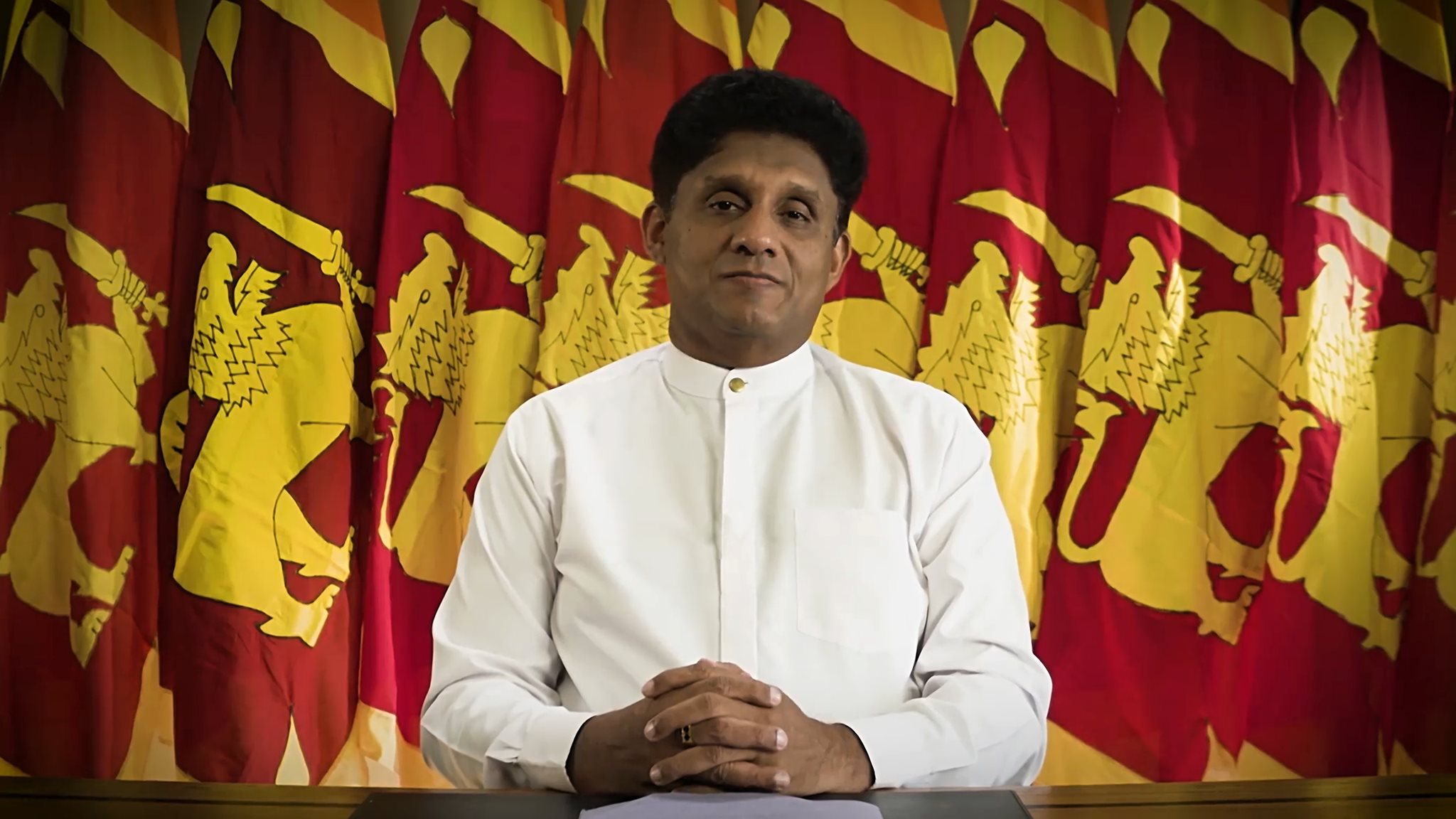
Responding to the recently passed UN resolution, which mandates that the Office of the High Commissioner for Human rights collect, “consolidate, analyse and preserve” evidence of war crimes for a future tribunal, Sri Lanka’s main opposition party the Samagi Jana Balawegaya (SJB, or United People’s Front) has called for yet another “domestic accountability mechanism”.
"The SJB is committed to an internationally credible, independent domestic accountability mechanism" read their press release.
Domestic Commission
This statement follows widespread support for the resolution and criticisms of Sri Lanka history of domestic commissions. In the lead up to the UN resolution, Sri Lanka’s Foreign Minister Dinesh Gunawardena rejected credible accusations of war crimes whilst maintain that another domestic commission would investigate said accusations. Former and current UN officials and international lawyers have criticised the commission as a "meta-investigation" and stated it “would be laughable were it not for the seriousness of what is at stake”.
Amnesty International representative, Hilary Power, has also highlighted these historic failures, noting that resolution was a “significant move”.
“Years of support and encouragement to Sri Lanka to pursue justice at the national level achieved nothing”, she maintained.
She further added that whilst the resolution was “an important step forwards” it would depend on UN members taking “concrete actions”. In the UN High Commissioner’s report she calls on UN member states to consider imposing sanctions on senior Sri Lanka officials implicated in human rights abuses; to pursue accountability through their national courts under the principle of universal jurisdiction; and, to consider referring Sri Lanka to the International Criminal Court.
‘A failing foreign policy’
In their statement, the SJB further criticise the government for its mismanagement of foreign relations, stating that “instead of embarking on a careful and thoughtful process of diplomatically convincing the world that Sri Lanka is willing to take human rights obligations seriously, it embarked on an obnoxious and intransigent campaign”.
Their statement further chastises the government for “racist, xenophobic and discriminatory policies” however Champika Ranawaka, a Colombo-based parliamentarian and former Minister representing the SJB, have many of these measures. He has called for the banning of the niqab and burkha; immediate deportation of foreign Islamic teachers; and called for greater scrutiny of Muslim places of worship by the state security units.
During the vote on the resolution, India abstained from voting whilst Pakistan voted against the resolution despite previously raising concerns over bigoted policies targeted at Muslims.
Devolution
India’s statement just before voting took place highlighted their demand for Sri Lanka to “fulfil its commitments on the devolution of political authority, including through the early holding of elections for Provincial Councils and to ensure that all Provincial Councils are able to operate effectively, in accordance with the 13th amendment”.
In the lead up to this resolution, this has repeatedly raised with Sri Lanka’s Foreign Secretary, Jayanath Colombage, rejecting the demands and telling India to not “harp on this”.
In their statement, the SJB claim to support the “full and meaning full implementation of the 13th amendment”, which they maintain, would entail “maximum devolution within a unitary state”. The SJB however has also rejected calls for federalism.
Whilst attempting to distance themselves from the current administration, the SJB has often supported the more authoritarian steps of the administration such as calling for a reintroduction of the death penalty and pledging to support the President to bring about a “disciplined society”.
Read the SJB's full statement here.
